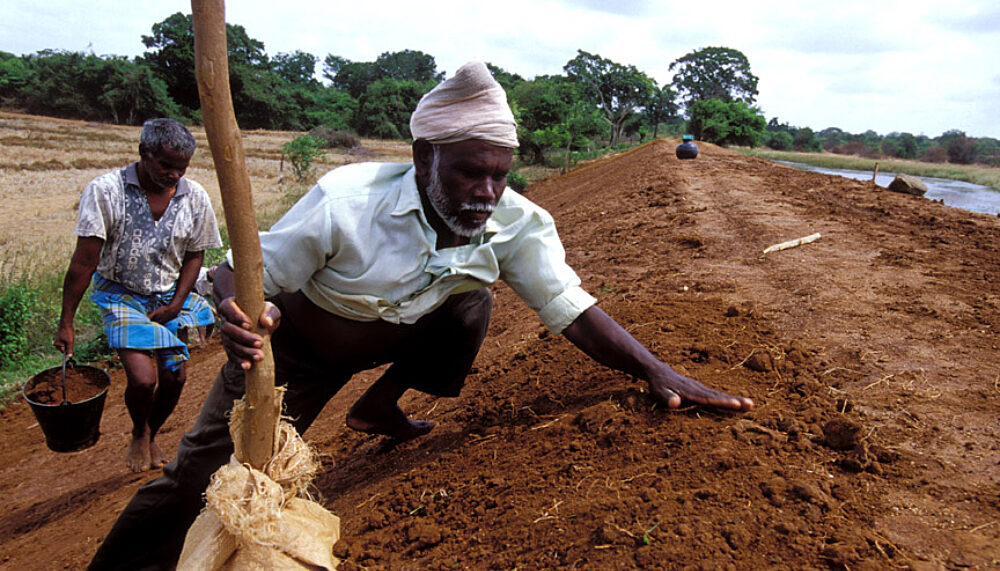EVENT
Video: Providing remedies for climate harms
A dialogue between transitional justice and climate justice

Watch our event recording to learn about the challenges and opportunities of providing remedies to communities affected by climate change.
The fight against climate change is fundamentally about justice: As Germany’s new Strategy on Climate Foreign Policy recognises, some of the countries least responsible for historical greenhouse gas emissions are now facing the most dire impacts of a warming planet. Besides reducing emissions, rectifying this injustice requires concerted efforts, particularly by those countries bearing most responsibility. To this end, the UN’s newly established “Loss and Damage Fund” aims to offer resources to avert, minimise, and address the disastrous effects of climate change. Some have framed such efforts at achieving climate justice as an issue of reparations.
By offering a framework for how taking responsibility for the past can provide the basis of a more equitable future, transitional justice should be well positioned to contribute to this conversation. Having implemented reparations programmes in many contexts, the field has gained relevant experiences about their nature, design and implementation, as well as ways of involving affected communities. With the issue of material and non-material remedies for climate harms rising on political agendas, this event brought transitional justice and climate experts into a dialogue about the challenges and opportunities of providing them in practice.
Providing remedies for climate harms
A dialogue between transitional justice and climate justice
14 March 2024
16:00 - 17:30 CET
Online event via Zoom.
This event was held in English.
Welcome remarks by Andrew Gilmour, Executive Director, Berghof Foundation
Speakers:
- Sebastian Lesch, Head of Division – Climate Policy, Federal Ministry for Economic Cooperation and Development
- Munini Mutuku, Interim Chair of the Transitional Justice Interest Group, Environmental Peacebuilding Association
- Clara Sandoval, Director of Programmes, Global Survivors Fund
- Laura Schäfer, Senior Advisor – Climate Risk Management, Germanwatch
Moderated by Jasmina Brankovic, Senior Research Specialist, Centre for the Study of Violence and Reconciliation
The Global Learning Hub for Transitional Justice and Reconciliation is a network of organisations from Germany and across the world, initiated by the Berghof Foundation and the German Federal Ministry for Economic Cooperation and Development in early 2022. The Hub reflects a diversity of experiences, benefits from the respective strength of each partner and promotes their work. We want to facilitate an inspiring space for dialogue and learning that is driven by solidarity, inclusivity and innovation. By building bridges, generating knowledge and amplifying voices the Hub seeks to advance the policy and practice of dealing with the past to strengthen peace and justice.
Media contact
You can reach the press team at:
+49 (0) 177 7052758
email hidden; JavaScript is required


